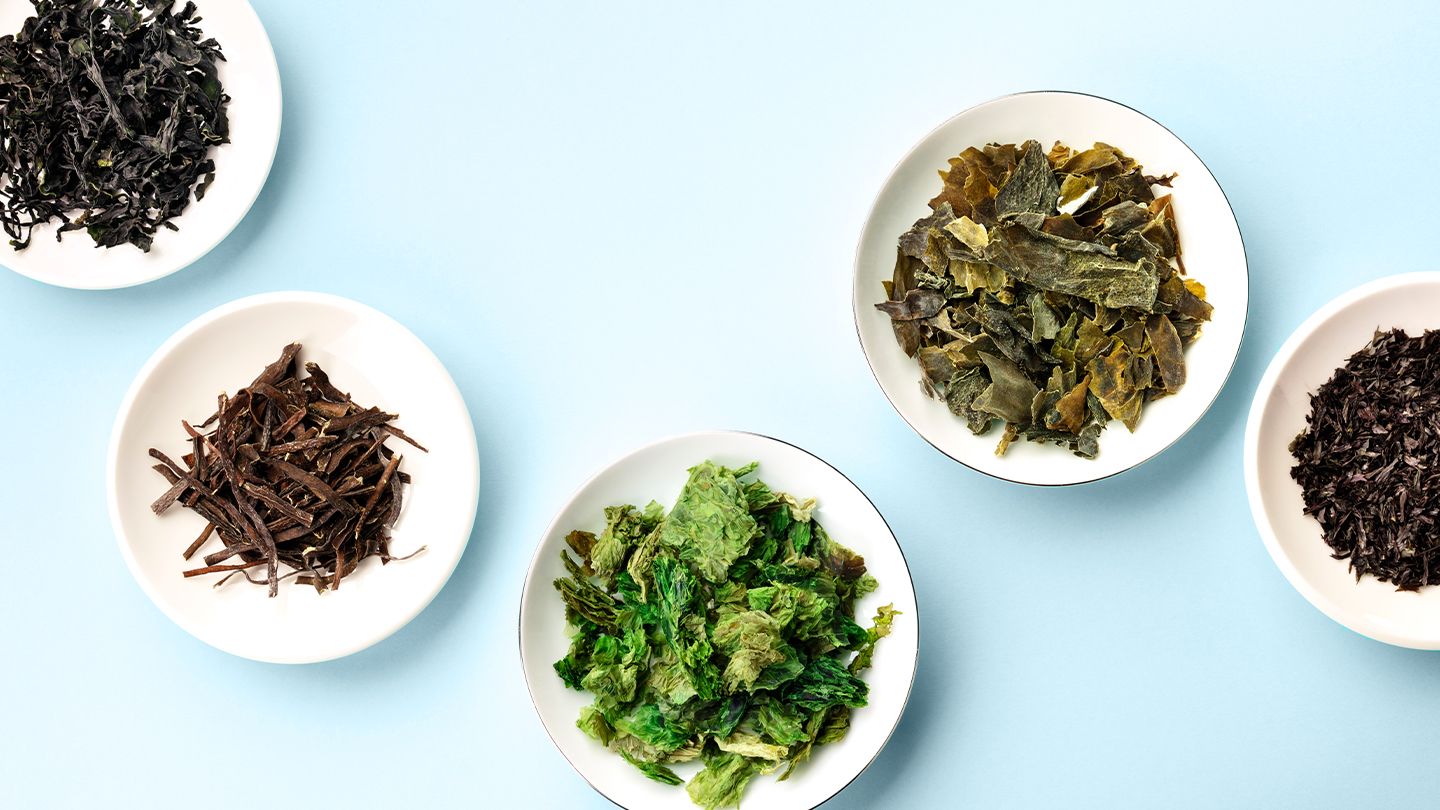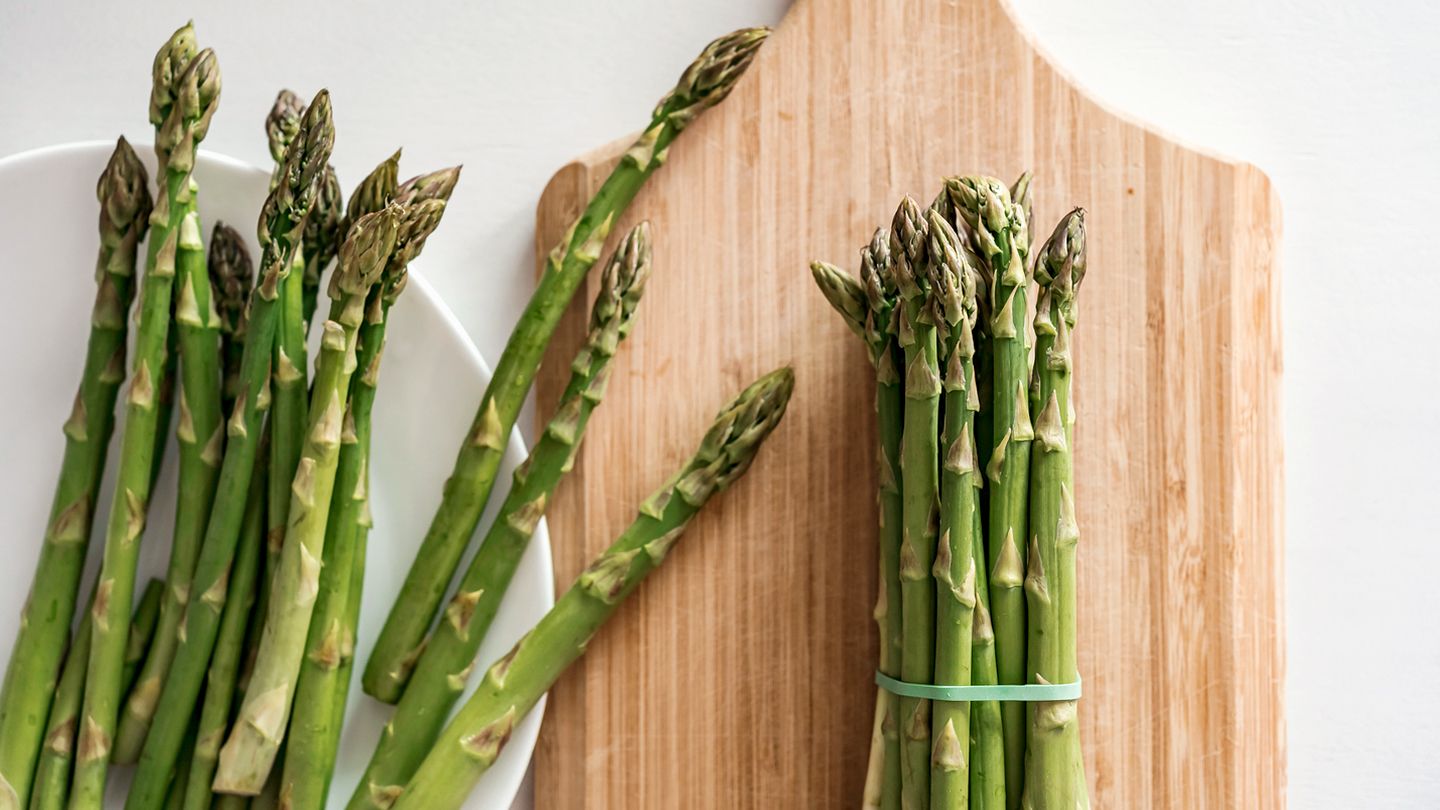Determining If Cabbage Can Fit Into a Ketogenic Diet
When following a very low-carb, high-fat ketogenic diet, paying attention to net carb counts matter, especially for vegetables. With its crunchy texture and versatility in recipes, cabbage offers a nutritious, affordable choice to consider on keto. Determining the best varieties and proper serving sizes allows you to incorporate cabbage while staying in ketosis.
Counting Net Carbs in Cabbage
The three main types of cabbagegreen, red, and savoyprovide only 3 to 5 grams of net carbohydrates per cooked cup. This carb count falls in line with keto guidelines of limiting net carbs to 20-50 grams daily.
One cup shredded raw green cabbage contains:
- Total carbs: 5 grams
- Fiber: 2 grams
- Net carbs: 3 grams
With barely over 3 net grams per cupenjoying cabbage raw, braised, roasted, or sauted can fit into keto meal planning.
Determining Proper Serving Sizes
Sticking within suggested keto serving sizes ensures cabbage stays low-carb:
- 1 cup raw cabbage = 3 net grams
- 1 cup cooked cabbage = 4 net grams
- Avoid eating more than 2 cooked cups daily
Weighing or measuring servings prevents underestimating portions. Enjoy cabbage in recipes like crispy fried cabbage or cabbage rolls by calculating the net carbs in any other ingredients.
Choosing the Best Cabbage Varieties
Selecting from the common green, red, and savoy cabbage varieties offers flavor, texture, and visual appeal:
- Green: Crisp, tender, and pale green with a peppery bite
- Red: Denser leaves with a purple-red hue and slightly sweeter taste
- Savoy: Thinner dark green crinkled leaves with an earthy flavor
The carb difference is minimal at only 1-2 grams more in red and savoy per cup. Try swapping different types in recipes to enjoy the unique crunch and subtle flavor change while keeping net carbs low.
Determining If Fermented Cabbage Fits Into the Keto Diet
Fermenting cabbage to make sauerkraut, kimchi, and other pickled options offers probiotic benefits but does alter the carb content slightly. Learn strategies to work small servings into your keto meal plan.
Counting Carbs in Fermented Cabbage
The natural lactic acid fermentation process converts some carb content into acid without raising sugars. A 12 cup serving pickled cabbage contains:
- Total carbs: 3 grams
- Fiber: 1 gram
- Net carbs: 2 grams
So while fermenting drops the carb count, pay attention to added ingredients. Some store-bought varieties add sugar and fillers hiking net carbs up to 10-15 grams per 12 cup.
Trying Small Amounts Occasionally
Limiting sauerkraut, kimchi and other fermented cabbage to a few times weekly in 14 to 12 cup amounts allows you to test personal carb tolerance while benefiting from the probiotics.
Seeking Low-Carb Versions
Seeking out no sugar added, low-carb fermented cabbage options keeps numbers in check. Or ferment batches yourself without questionable add-ins. This gives you control over ingredients for the lowest net carb counts.
Gaining Valuable Nutrition From Cabbage on Keto
In addition to being low in carbs, cabbage offers worthwhile vitamins, minerals, antioxidants and phytochemicals to supplement nutrition on keto.
Vitamins and Minerals
All cabbage types provide a range of important vitamins and minerals:
- Vitamin C - builds immunity, iron absorption
- Vitamin K - blood clotting
- Folate - DNA synthesis, cell division
- Potassium - fluid balance, nerve signaling
- Magnesium - protein building, nerve functioning
- Iron - oxygen circulation
- Calcium - bone health
- Phosphorus - supports bone, protein, and cell health
Antioxidants and Phytochemicals
Alongside vitamins and minerals, phytochemicals like anthocyanins and glucosinolates in cabbage serve as antioxidants and anti-inflammatories helpful for:
- Cancer prevention
- Heart health
- Brain functioning
- Blood glucose regulation
- Gut, skin, and eye health
The indoles in cabbage may help lower LDL cholesterol on keto as well. Fermented cabbage increases availability of these protective plant compounds.
Tips for Preventing Digestive Distress From Cabbage
To fully gain the low-carb benefits of cabbage without unpleasant side effects, tailor preparation methods and portion sizes.
Start Slowly
Introduce modest helpings of cabbage initially to test digestive tolerance, especially for raw cabbage. Too much too fast may cause gassiness or bloating.
Cook Thoroughly
Gentle steaming, sauting, roasting or boiling cabbage breaks down the tough cell walls for easier digestion. Lightly cooked cabbage tends to digest better.
Trying Fermented Options
The natural fermentation process essentially pre-digests cabbage making some fermented versions like kimchi and sauerkraut easier on digestive systems.
Limit Serving Sizes
Restricting cabbage servings to 1-2 cups maximum per meal prevents overwhelming your digestion, allowing you to incorporate it into keto menus.
Adjusting cooking methods, testing individual tolerance, and controlling quantities allows you to digest cabbage comfortably while gaining its nutritional benefits on keto.
FAQs
Does cabbage fit into a keto diet?
Yes. With only 3-5 grams of net carbs per cooked cup, green, red and savoy cabbage can be enjoyed in moderation on a keto diet. Pay attention to serving sizes to keep net carbs low.
What are the carb counts in different cabbage types?
One cup raw green cabbage contains around 3 net grams. Cooked green, red, and savoy cabbage have 3-5 net grams per cup. Red and savoy have slightly higher carb counts. Fermented cabbage drops to 2 net grams per 1⁄2 cup.
What are the best ways to cook cabbage on keto?
Light steaming, sautéing, roasting and boiling helps break down the tough cell walls in cabbage for easier digestion. Try crispy roasted cabbage or stir-fried cabbage for keto-friendly recipes.
Will cabbage cause digestive issues on keto?
Eating large amounts of raw cabbage too quickly can cause gassiness or bloating. Introduce cooked cabbage slowly, limit servings, and choose fermented versions like sauerkraut to improve digestion and prevent GI distress.
Disclaimer: This article is for informational purposes only and does not constitute medical advice. Always consult with a healthcare professional before starting any new treatment regimen.
Related Coverage
A detailed look at the carb and sugar content of different Vitaminwater flavors. Covers how Vitaminwater fits into a low carb or keto diet and comparisons to Vitaminwater Zero....
A 1 tbsp serving of cottage cheese contains just 27 calories and 3g protein. Learn how cottage cheese provides more protein and less fat and calories than most cheeses....
Artificial intelligence is having a major impact on the finance industry by automating processes, detecting fraud, enabling personalized banking, and making predictions....
Dried seaweed gets a flavor boost when roasted into crispy, keto-approved bites. Explore ideas for seasoning and enjoying these low-carb, mineral-rich crunch snacks....
Asparagus is a nutritious low-carb vegetable with only 8 g net carbs per serving. It provides antioxidants, vitamin K, B vitamins, and aids heart health, weight loss....
Metadata like meta title, description and keywords are crucial for SEO and usability. Optimizing metadata helps search engines understand your content and users find your site....
With just 1.2g net carbs per serving, romaine lettuce is ideal for keto. Discover how its crunch and nutrients enhance low carb salads, wraps, tacos swaps, casseroles....
Wondering if cabbage fits into a keto diet? Learn about the net carb counts in green, red, and savoy cabbage to see if it can be included in keto meal planning....
Gin contains around 130 calories per 2 oz pour, making it one of the lowest calorie keto-friendly alcohol options. Learn how gin fits into a ketogenic diet....
This in-depth guide covers everything you need to know about pepper jack cheese nutrition. Learn about the calories, fat content, sodium, protein, and health impacts of this spicy cheese....








